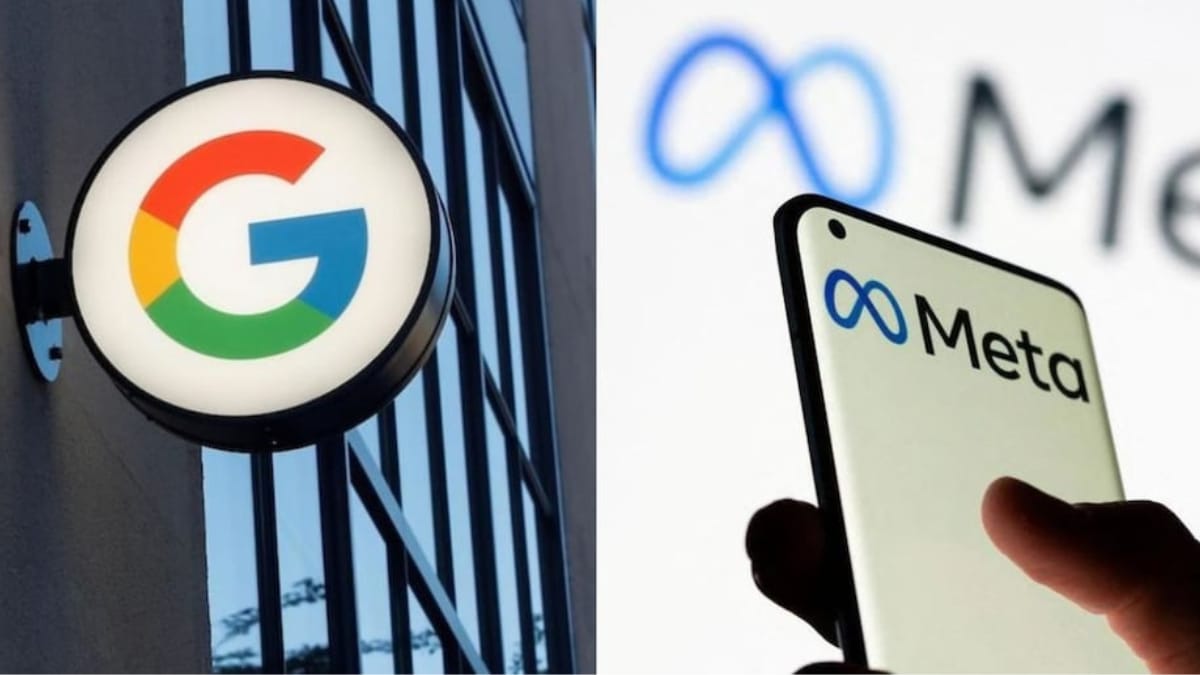The Dawn of Regulatory Scrutiny
The European Union’s Digital Markets Act (DMA) has heralded a new era of regulatory scrutiny aimed squarely at tech giants Apple, Google (Alphabet), and Meta (formerly Facebook). Designed to foster a more competitive digital landscape, the DMA imposes obligations on what are termed “gatekeepers” – large online platforms that wield considerable control over access to digital services, potentially stifling competition and innovation. Since its implementation on March 7, 2024, the DMA has set the stage for investigations into the practices of these major players, raising questions about their market dominance and the implications for consumers and competitors alike.

Potential Consequences for Big Tech and Consumers
At the heart of the DMA lie several key obligations for gatekeepers, including ensuring fair access and interoperability between online services, allowing users to choose their default apps and web browsers, providing transparent terms and conditions for app developers, and refraining from self-preferencing in search results or app stores. The EU’s antitrust regulators have honed in on specific areas where Apple, Google, and Meta may be running afoul of these regulations.
Apple’s App Store faces scrutiny over its restrictions on app developers’ ability to distribute their apps outside of the platform and inform users about alternative pricing options, potentially limiting consumer choice and boosting Apple’s revenue through app store commissions. Similarly, Google’s search engine and app store practices are under investigation to determine whether the tech giant unfairly prioritizes its own services in search results and the Google Play Store, giving them an unfair advantage over competitors. Meanwhile, Meta’s subscription practices, particularly concerning services like Facebook and Instagram, are being probed for potential anticompetitive behavior.
Should these companies be found in violation of the DMA, they could face significant fines of up to 10% of their global turnover, with the possibility of even steeper penalties for repeat offenses. Additionally, they may be compelled to alter their practices to comply with the DMA’s regulations, potentially reshaping the digital landscape in Europe and beyond.
The ramifications of these investigations extend beyond mere financial penalties. If the EU succeeds in compelling Apple, Google, and Meta to change their practices, it could pave the way for increased competition in the digital market. This, in turn, could lead to a wider variety of innovative digital services for consumers, shifting the power dynamics between Big Tech platforms and app developers. With developers potentially gaining more freedom to operate outside of app stores and negotiate more favorable revenue-sharing agreements, users could ultimately benefit from increased choice, potentially resulting in lower prices and more innovative features.

The Global Ripple Effect of the DMA
However, the EU’s efforts to rein in Big Tech have not been without controversy. While proponents argue that the DMA is a necessary step to foster a more competitive and innovative digital market, critics raise concerns about potential unintended consequences. They fear that overly stringent regulations could stifle innovation and hinder the growth of European tech companies, while also worrying about the potential fragmentation of the digital market across different regions with varying regulations.
The global implications of the DMA are also under scrutiny. As other countries and regions observe the EU’s actions, the success or failure of the DMA could influence the development of similar regulations worldwide. If the DMA proves effective in promoting competition and protecting user rights, it could serve as a blueprint for other jurisdictions to adopt, leading to a more level playing field for tech companies globally. However, achieving international coordination on digital market regulations remains a complex task, given the differing priorities and agendas of various jurisdictions.
Ultimately, the success of the DMA hinges on its ability to empower users. Increased transparency and choice could result from clearer terms and conditions imposed by the DMA, leading to a more user-friendly digital experience. However, users may also need educational resources to navigate the complexities of the digital market fully, highlighting the importance of initiatives to promote digital literacy.
Conclusion: Shaping the Future of Digital Market Regulation
In conclusion, the EU’s efforts under the DMA to regulate Big Tech represent a pivotal moment in the digital age. As investigations into Apple, Google, and Meta continue, the potential for significant changes in the digital landscape looms large. While the DMA aims to foster competition, innovation, and user empowerment, it also faces challenges and uncertainties. The global ramifications of the DMA’s success or failure underscore its importance beyond European borders, shaping the trajectory of digital market regulation worldwide. As stakeholders monitor developments, the outcome of this regulatory tug-of-war will not only define the future of Big Tech but also influence the broader dynamics of the digital economy for generations to come.




1 Comment
The content is very informative, all the subparts of the content is appropriate, the wordings are technical which is really good as revolution is taking place rapidly. It’s really nice to see that you are writing such informative article’s